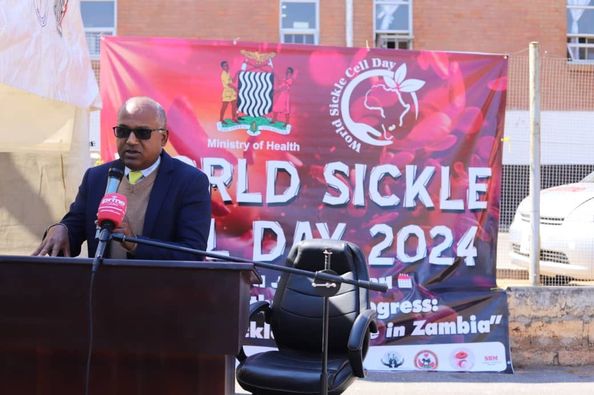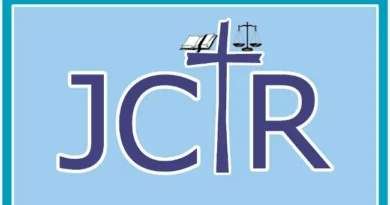Health Ministry Boosts Fight Against Sickle Cell Disease in Zambia
The Ministry of Health has announced new measures to combat Sickle Cell Disease in Zambia. During the World Sickle Cell Day commemoration at the University Teaching Hospital (UTH), Health Permanent Secretary for Technical Services, Kennedy Lishimpi, represented by Clinical Care Specialist for Lusaka Province, Sophia Musiska, shared the ministry’s plans under the theme “Hope through Progress: Advancing Sickle Cell Disease Care in Zambia.”
Dr. Lishimpi highlighted that new units have been established to care for Sickle Cell patients in Kapiri Mposhi and Mwachisompola through the PEN-plus program, and at Mansa Hospital with support from the Zambia Childhood Cancer Foundation (ZACCAF). These units aim to improve patient care and treatment availability.
The Ministry of Health has also provided additional clinical care guidelines to health workers at primary care levels. This will help standardize care and ensure patients receive consistent treatment from primary to tertiary levels.
A significant development is the inclusion of Hydroxyurea, a disease-modifying drug for Sickle Cell, on the Zambia essential drug list. This drug is now accessible through the National Health Insurance Management Authority (NHIMA).
Since early 2022, UTH and Chipata General Hospital have been using transcranial doppler (TCD) machines to screen children for stroke risk. With six TCD machines now available, two more hospitals will begin screening children with Sickle Cell Disease. Additionally, UTH now offers advanced care, including Red Cell and Plasma exchange transfusions.
Dr. Lishimpi also revealed that Zambia will soon host an international meeting of Sickle Cell Disease experts to discuss newborn screening updates.
Catherine Chunda, the consultant in charge of the Haematology Unit and the Sickle Cell Disease focal person for Zambia, encouraged everyone to know their Sickle Cell status, including newborns. She advised couples planning to marry to get tested and emphasized reducing the stigma faced by patients through community education.
Fifteen-year-old Ntambo Chibilu, a Sickle Cell Disease warrior and frequent patient at UTH, thanked the hospital staff for their care and support. She called for more staff and better educational materials to help patients manage the disease.
Sickle Cell Disease is an inherited blood disorder characterized by defective hemoglobin that causes red blood cells to become stiff and sticky, blocking blood flow.



